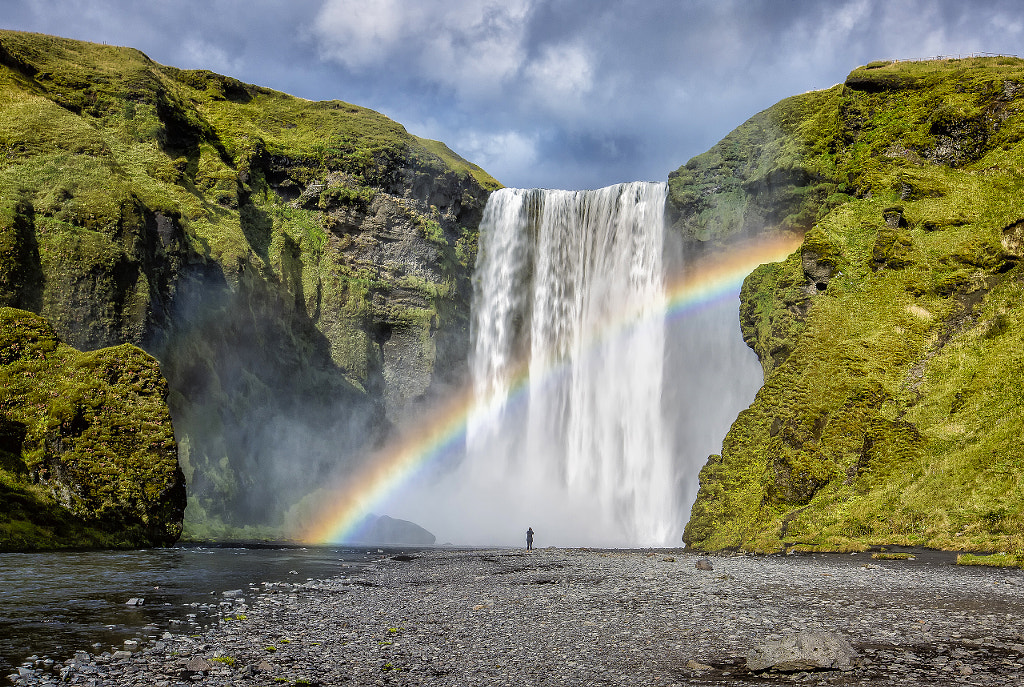There is an enduring tenderness in the love of a mother for a son that transcends all other affections of the heart.
The anchors lie in is one’s recollection
Of what life was, and never, late or soon,
Will be again ...
~ ‘The River in The Sky’ by Antipodean Clive James
I’ve walked many, many kilometres throughout my life. When I was in Tatranka folkloric dancing group I danced my feet away for hours and hours practicing the steps. As soccer players, we would run to Kezmarok and Poprad and Stary Smokovec with Tono and Jozo Zivcak and cycle to different parts of Levoca and Lubovna with Fero and Ondrej Hrebenar. And we swam, and we swam in icy Vrbov rybnik and Tatra lakes.
Anyway, running and walking has always been my favorite mode of transportation. After all, it’s just you making your way through the world. You and the world in harmony. And you’re walking at the world’s pace. What can beat that?
And you notice things as you happen to walk across Vienna and Sydney. Over time you get to know the buildings, corners, statues, restaurants. Thinking about them now, so many years later, you remember how you felt, as you cycled or run or walked past them, dreaming of your future.
Spring has finally arrived but that means beautiful sunny weather mixed with cold and rainy days. We’ve got you covered if you want to be out and about or hunkered down at home with something to watch or read this weekend.
“The world for me is like an immense parkland.” Life was easy for the French photographer Jacques Lartigue park
When will Scott Morrison call the election?
Towards the end the tone turns elegiac. Because the future is electric, and it is autonomous. Appleyard rightly loathes the idea that we will become "passive spectators" in our own journeys. Autonomous vehicles, for him, "represent a freedom-destroying victory over the driver's experience of serendipity, contingency, and faith and joy in their own competence". They also present serious legal and philosophical problems, which he summarises in a brilliantly offhand way: "Getting killed or maimed by a robot somehow feels a good deal more annoying than by a human."
The cult of Stalin the intellectual - New Statesman
Why so many intellectuals glorified Stalin is a nice question. Part of the reason must be that Stalin was himself an intellectual. During the Second World War he enjoyed mass popularity in Britain, where he was feted as “good old Joe”. But the cult of Stalin in the West was the work of intellectuals who saw in him what they would like to be themselves: leaders with the power to reconstruct society on the basis of their ideas. HG Wells, Bernard Shaw, Sidney and Beatrice Webb and others revered Stalin for this reason. Writing in the Thirties, the French poet and essayist Paul Valéry observed that “the mere notion that the life of men could be organised on a collective plan is enough to give birth to the idea of dictatorship”. More than communism, it was the dream of overseeing a social order they had constructed that attracted intellectuals to Stalin
There’s an old saying you might have seen floating around the internet that states, “Those who tell the stories rule the world”.
The Library Ends Late Fees, and the Treasures Roll In NYT
What to See in the Night Sky for April 2022TreeHugger
A fresh take on why Octavian won the war against Antony and Cleopatra Ars Technica
Robotic dog will be on patrol in Pompeii Ars Technica
Travel writer Dervla Murphy: ‘I’m lucky to still be enjoying being alive’ FT
Another Executed Renaissance ?
At Eurozine Victoria Amelina reminds readers that: 'For Ukrainians, the Soviet-Russian purge of their national intelligentsia in the 1930s is more than just a memory' -- and that they worry about a new one, in Cancel culture vs. execute culture.
